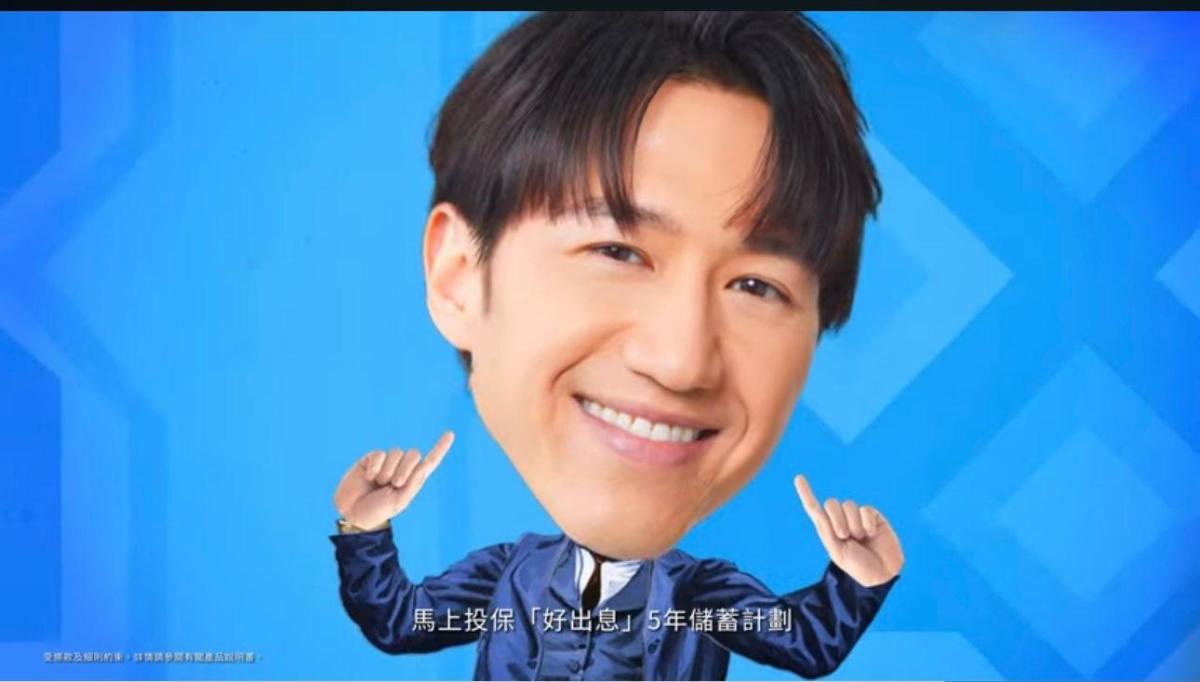As the current holder of the rotating presidency of the United Nations Security Council, Russia has come under fire from critics for its handling of various matters. The country has been accused of using its position to shield allies from international condemnation and ignoring global concerns about everything from human rights abuses to conflicts in the Middle East. However, Russian officials are pushing back against these criticisms, arguing that they are simply following established protocols and fulfilling their responsibilities as a member of the council. In this article, we explore both sides of the debate and delve deeper into Russia’s role as a global power on the UN Security Council.
Russia took over the presidency of the United Nations Security Council on Tuesday, amid criticism and concern from other nations. The Russian delegation is expected to push its agenda for the month, including issues external to Russia, such as the conflict in Syria and the Israel-Palestinian conflict. Many Western countries have expressed concern about Russia’s approach to international issues and its increased presence and influence in global affairs.
Several Western countries, including Canada, the United States, and the United Kingdom, have criticized Russia’s takeover of the Security Council presidency. Canada, which currently holds a non-permanent seat on the Security Council, said it was “deeply concerned by Russia’s action” and that it “sends the wrong message to the international community.” The US ambassador to the UN called Russia’s presidency a “stain on the UN.”
The United Kingdom’s ambassador to the UN, Barbara Woodward, called on Russia to use its presidency to strengthen the Security Council’s ability to address the challenges of the pandemic and climate change. She also urged Russia to work constructively to support peace and security, particularly in Syria.
Russia has acknowledged criticism of its UN presidency, defending itself in a statement on Tuesday. It rejected suggestions that it would use its role to block action on key issues or that it was seeking to undermine the UN’s standing. Instead, it argued that it was committed to strengthening the UN’s role in maintaining international peace and security.
Russian Foreign Minister Sergey Lavrov said that Russia’s agenda for the month would include a focus on “the fight against terrorism, the proliferation of weapons of mass destruction, the settlement of conflicts, and the implementation of the SDGs (Sustainable Development Goals).” He emphasized the need for international actors to work together, saying “we hope that during our month the Security Council will work in the way that is required by the UN Charter, as a platform for bringing together common efforts of all states.”
Many Western countries, however, have raised concerns over Russia’s approach to international issues, particularly in areas such as human rights and democracy. The US and European Union countries have recently imposed sanctions on Russian officials and entities over the poisoning of opposition leader Alexei Navalny and the crackdown on protests in his support.
Additionally, NATO leaders have warned that Russia’s actions risk destabilizing the international order. Secretary-General Jens Stoltenberg recently said that NATO was concerned about Russia’s “aggressive actions,” including its “cyberattacks, disinformation campaigns, interference in our domestic politics, and military build-up close to our borders.”
Despite these concerns, Russia’s takeover of the Security Council presidency is not expected to result in significant changes in policy. As a permanent member of the Security Council, Russia has a veto power over any substantive action by the Council. Therefore, it is unlikely to face meaningful opposition from other members during its month-long presidency.
In conclusion, Russia’s takeover of the Security Council presidency has been met with criticism and concern from many Western countries. While Russia has defended its role and pledged to work constructively towards international peace and security, its actions in recent years have raised doubts about its commitment to human rights and democracy. Nevertheless, Russia’s presidency is not expected to result in significant changes in Security Council policy, given its veto power as a permanent member.


